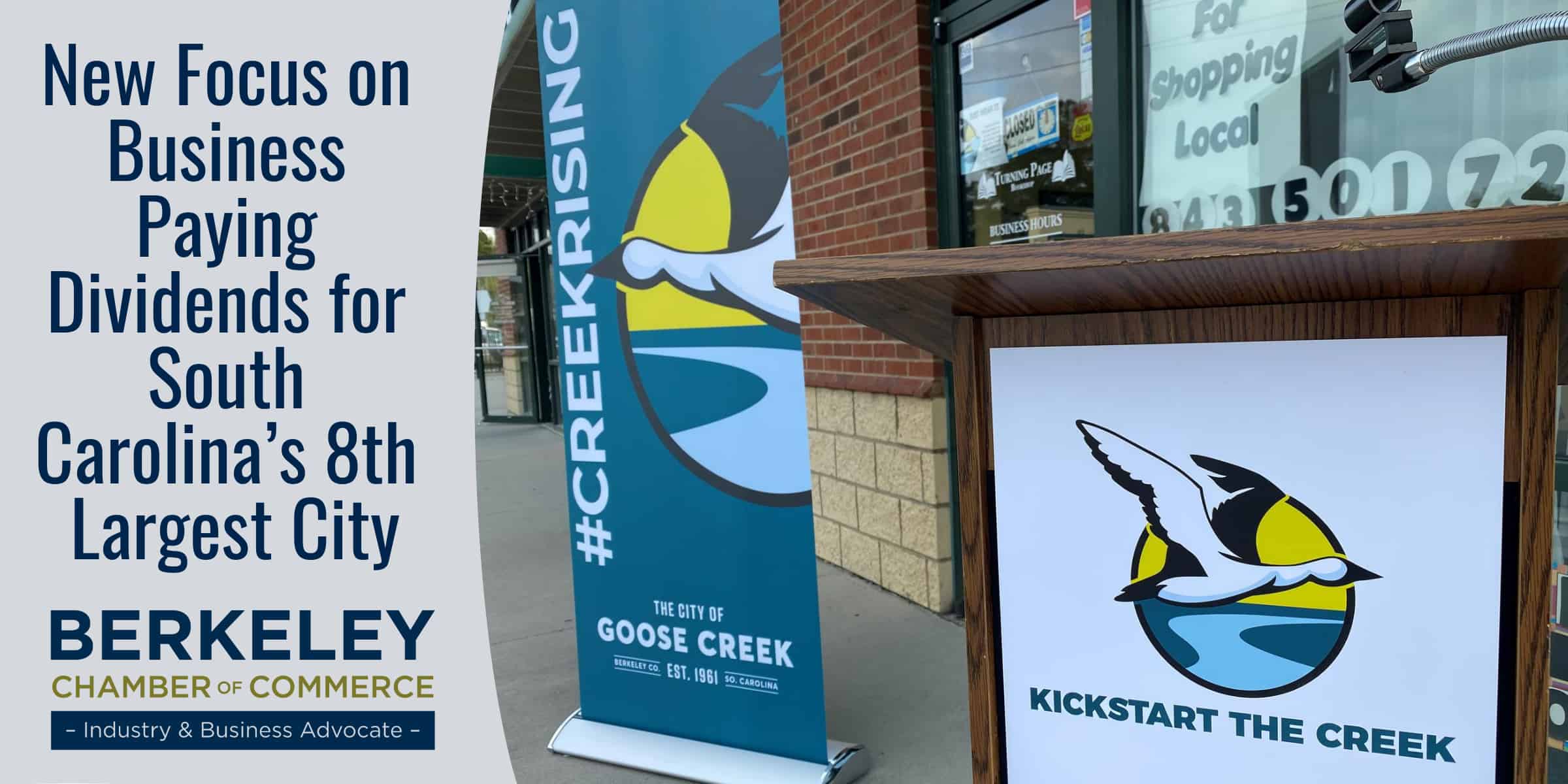Brick by Brick: The Climb of Immigrant Entrepreneurs in an Uneven Landscape
Starting a business is never a walk in the park, but for many immigrants trying to plant entrepreneurial roots, the soil is often rocky. The journey demands not only grit but also a willingness to rewire expectations in real time. While immigrant founders bring resilience and global perspectives to their ventures, they often battle against structural, social, and emotional hurdles that their native-born peers don't encounter at the same volume or velocity. These aren't just business challenges—they’re life challenges dressed in the uniform of paperwork, prejudice, and constant translation.
Language Barriers that Muffle Vision
When communication falters, everything else wobbles with it. Many immigrant entrepreneurs walk into negotiations, investor meetings, and local networking events already handicapped by limited language fluency, which affects clarity, confidence, and perceived competence. It's not the absence of ideas, but the gap in articulation that keeps some brilliant businesses from ever taking flight. Strategic solutions include enrolling in local language immersion programs, hiring bilingual support staff, and leveraging visual storytelling or prototypes to bridge those early communication gaps.
Legal Labyrinths with No Obvious Map
Legal paperwork in the business world is already daunting, but toss in visa restrictions, unclear tax codes, and unfamiliar regulatory systems, and suddenly every form becomes a potential pitfall. Immigrant entrepreneurs often find themselves juggling immigration status issues alongside business compliance headaches. This adds a level of precarity that can stall growth or scare off potential investors who see instability as a risk. Practical strategies here revolve around building relationships with legal clinics, nonprofit organizations offering pro bono assistance, and finding business attorneys who specialize in immigrant-owned enterprises.
Business Blueprints and Structural Choices
Choosing how to structure your business isn't just paperwork—it’s the foundation of how you’ll operate, pay taxes, and manage liability. For many entrepreneurs, especially those balancing risk and flexibility, forming an LLC offers the benefit of personal asset protection without the complexities of a corporation. If cost is a concern, you can save on legal fees by either self-filing or working with an online formation service that guides you through the steps. Those launching in the Palmetto State can start by researching how to form an LLC in South Carolina, ensuring the legal framework matches the long-term goals of the venture.
Limited Access to Capital and Credit
Banks often don’t bet on people they don’t know. Without a long-standing credit history or deep local financial networks, many immigrant business owners get filtered out of traditional funding options before they even apply. The result is that these entrepreneurs either bootstrap to exhaustion or borrow money from personal contacts, often at unfavorable terms. Overcoming this requires deliberate outreach to community development financial institutions (CDFIs), crowdfunding platforms, and grants specifically aimed at underrepresented founders, as well as working with advisors who can help build creditworthiness from scratch.
Cultural Codes That Aren’t Taught in Books
Business isn’t just numbers—it’s norms, rituals, and expectations. Unspoken rules about pitching style, customer interaction, or even small talk can quietly affect how immigrant entrepreneurs are perceived. These cultural misfires don’t always lead to outright rejection, but they can slow momentum or stall deals that hinge on "fitting in." The workaround lies in immersive learning: joining local chambers of commerce, finding mentors who understand both home and host cultures, and seeking out accelerator programs designed for diverse founders can make those cultural codes less cryptic.
Media Representation and Stereotyping
For all the celebratory headlines about immigrant ingenuity, there's still an undercurrent of skepticism. Immigrant entrepreneurs often have to work twice as hard to prove they’re not just hustlers, but legitimate business leaders. This leads to image management fatigue, where every marketing decision becomes a referendum on one’s identity. Challenging this means crafting strong brand narratives that center value—not background—while also pushing for visibility in industry spaces, podcasts, panels, and publications that can amplify real success stories without reducing them to origin tales.
Immigrant entrepreneurship will always come with added layers, but those layers aren’t flaws—they're fabric. Each challenge faced isn’t just a barrier to be knocked down; it’s part of a deeper journey of belonging, building, and reshaping the landscape itself. When systems start to recognize the creative and economic potential that immigrant founders bring—not in theory, but in practice—the climb becomes less steep. Until then, strategies, support networks, and sheer determination remain the bricks with which these entrepreneurs build their futures.
Join the Berkeley Chamber of Commerce and invest in your business with visionary leadership and a unifying voice for economic prosperity!

